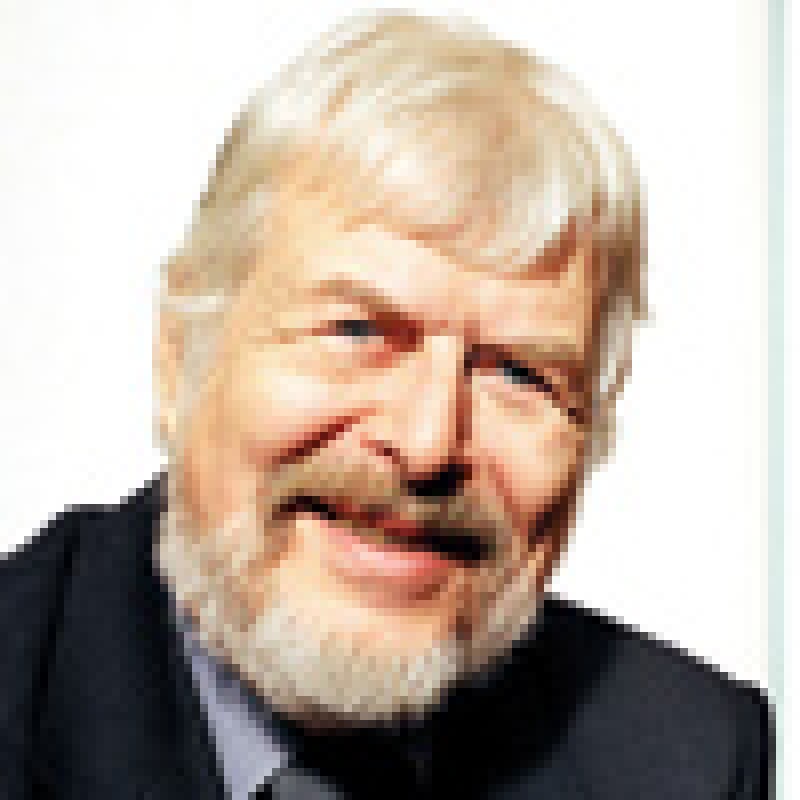Austria, like Germany, has had for many decades a dual system for judging patent infringement: infringement itself is the realm of the Commercial Courts (or Penal Courts) while nullity of the underlying patent can only be stated by the Patent Office and its Appellate Courts. Such a nullity decision has then an effect erga omnes which means that the patent is struck out of the registers. That split is mitigated in that the Appeal Courts judging the infringement question are the same as those for the Patent Office decisions and usually decide on nullity prior to their judgment concerning infringement. Only in the proceeding for an interlocutory injunction has the Court to judge nullity of the patent itself as a preliminary question. But very often the patent is upheld in this procedure and the percentage of uncertainty of the Court about it is expressed by the level of security payment imposed on the plaintiff.
To initiate the separation of the question of nullity or in fact to oblige the Court to deal with this question the defendant has to file a request to stay the infringement procedure based on the assertion of nullity of the patent and file proof for it. In the early days that stay lied in the discretion of the Court. Then, with changes to the Patent Law the basis for that decision was first changed to a strict obligation for the Court to stay which was later mitigated in the direction of a prior evaluation by the Court. Since 2004 the Court has first to evaluate whether based on the proof provided by the defendant nullity of the patent is probable. If yes it has to stay the procedure for the Patent Office to decide on nullity, if no than it has to continue with the infringement procedure notwithstanding any opposition or nullity procedure.
In a recently reported case (4 Ob 41/15f) the defendant filed a request for stay based on the fact that five oppositions were pending before the European Patent Office against the allegedly infringed European patent and therefore nullity was likely. The defendant also filed evidence for it.
The First-Instance Court (Commercial Court of Vienna) continued with the infringement procedure by deciding that the plaintiff had to deposit €3,500 for the costs of the court expert to be nominated after payment to explain the facts of the infringement. The reason given was that it does not hold it probable that the patent was null and void. The Court did thus not actively decide on the request for stay but implicitly denied it by just applying the consequences.
The Second Instance (Higher Regional Court of Vienna) found on appeal that on the basis of the Law on Civil Procedure a decision like that on a question of discretion of the lower court is not appealable. On further appeal the Austrian Supreme Court disapproved this finding for such a case and stated that after solving the preliminary question of probability of nullity of the patent there was no discretion but an obligation on the court to stay the procedure. And, therefore, the defendant had the right to appeal. It sent the case back to the Appellate Court for deciding on the question of probability of nullification of the patent asserted to be infringed and its consequence to stay or not to stay.
For us users of the patent system in Austria this decision gives us comfort that in case of the frequent request for stay the decision (explicit or implicit ) is appealable in order to check the probability of the nullity of the patent. This is important since a stay means a break in the infringement procedure of two or more years, but on the other hand more certainty in the question of nullity which will be decided once and for all.

|
Helmut Sonn |
SONN & PARTNER PatentanwälteRiemergasse 14A-1010 Vienna, AustriaTel: +43 1 512 84 05Fax: +43 1 512 98 05office@sonn.atwww.sonn.at










